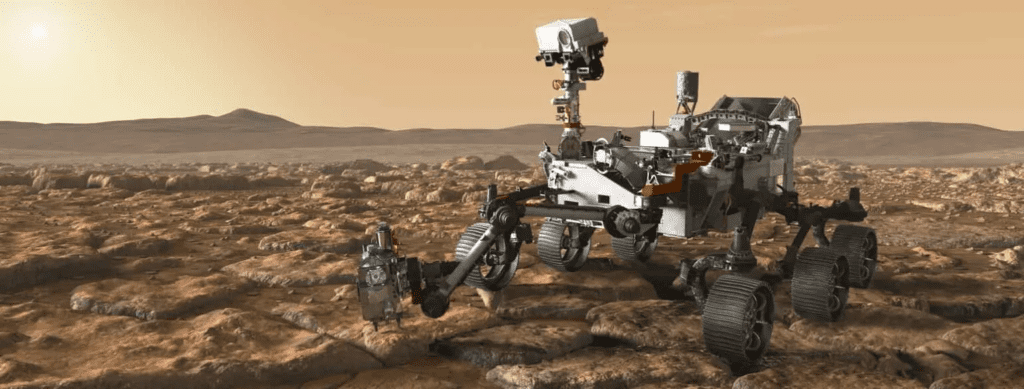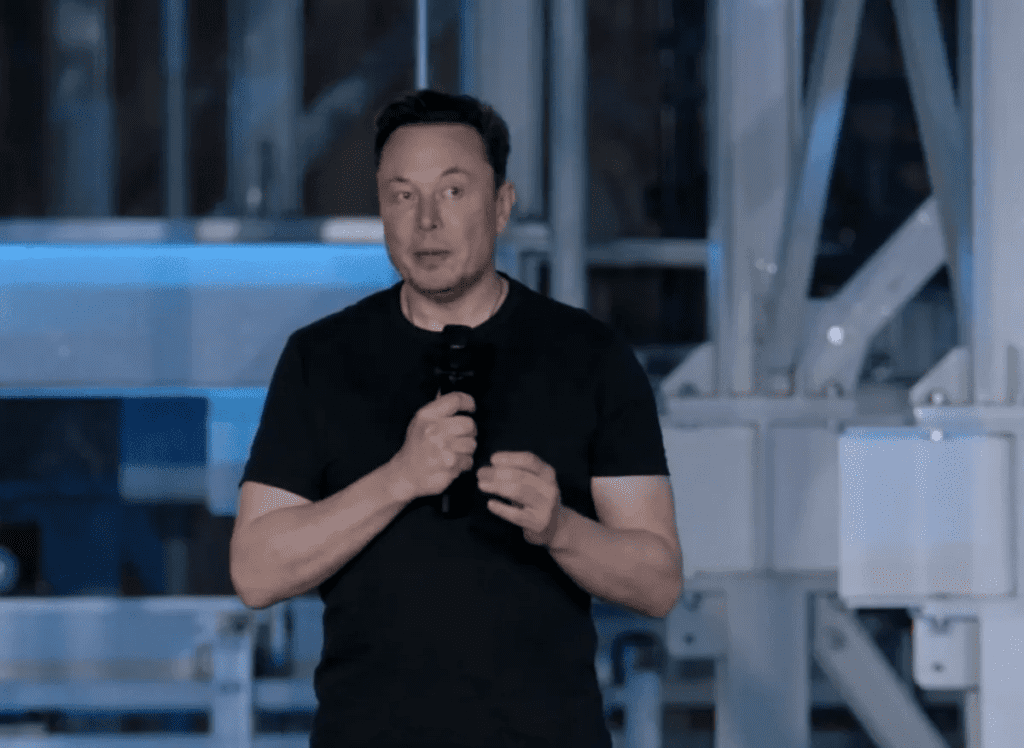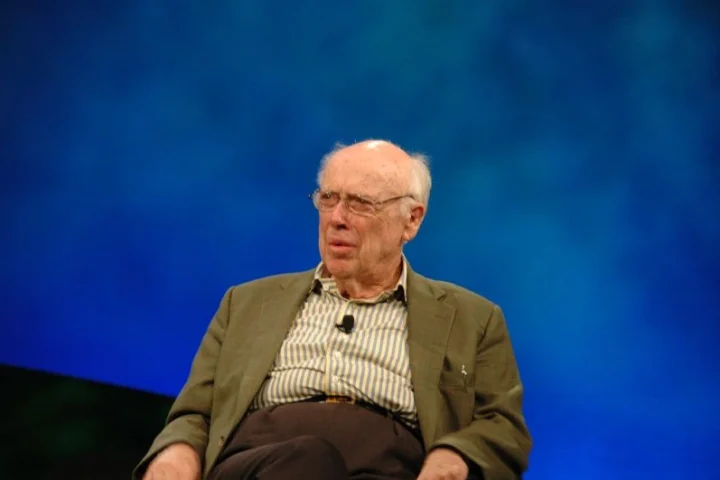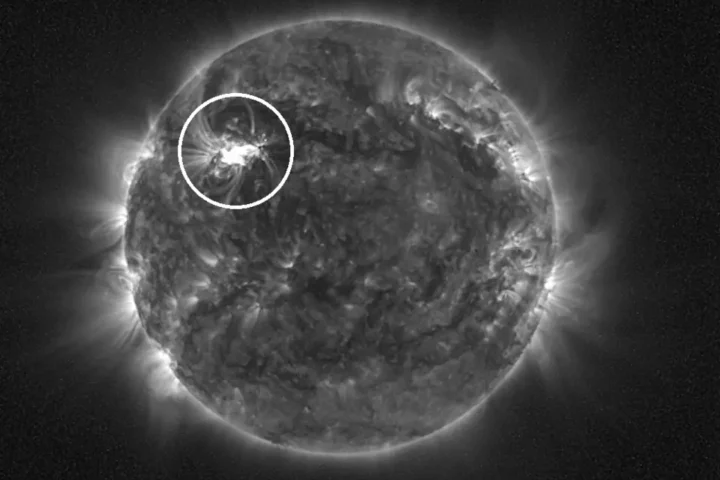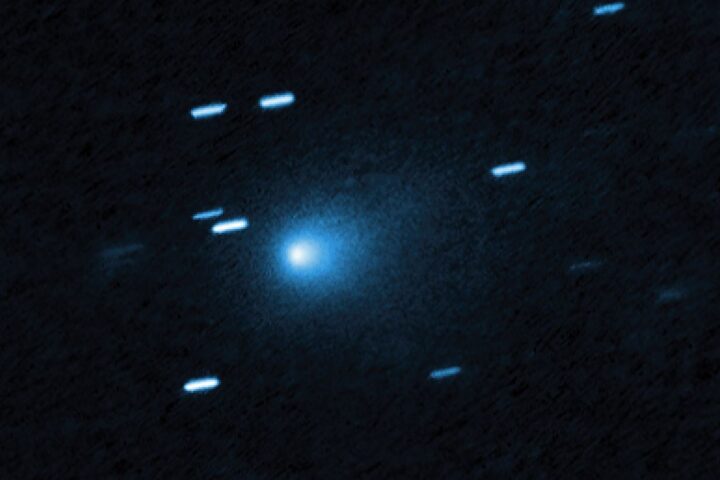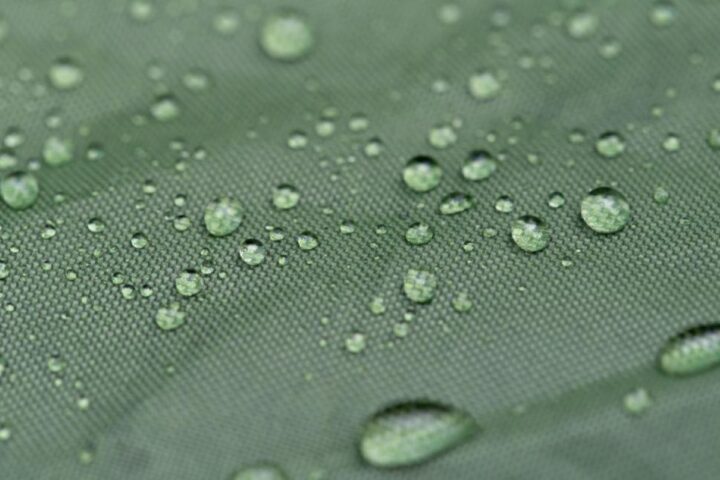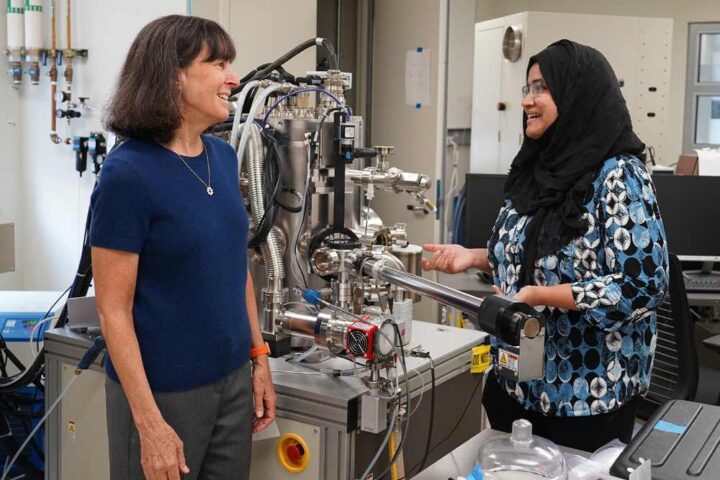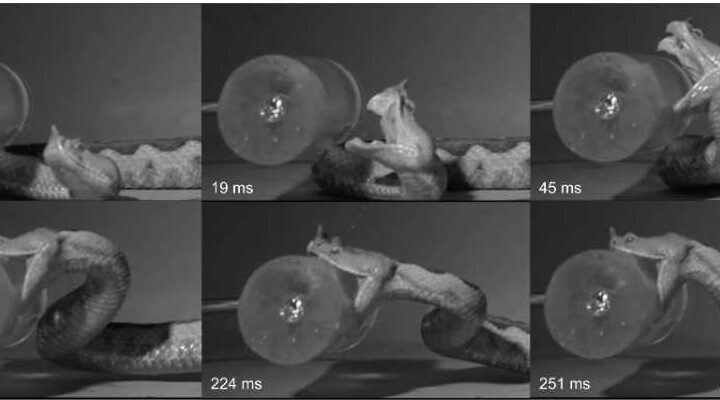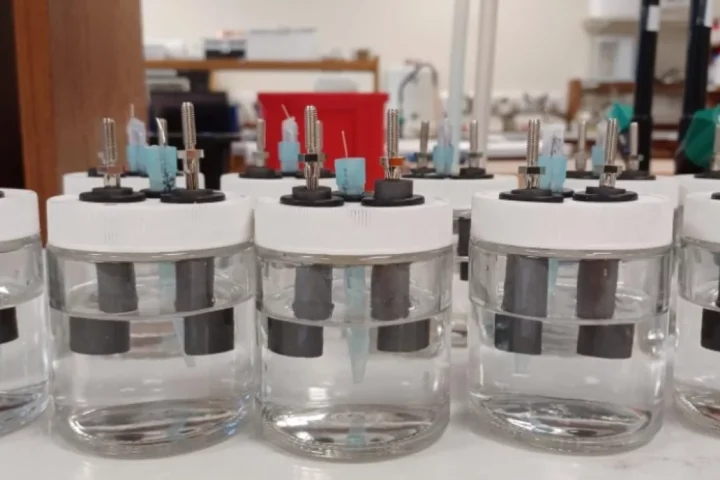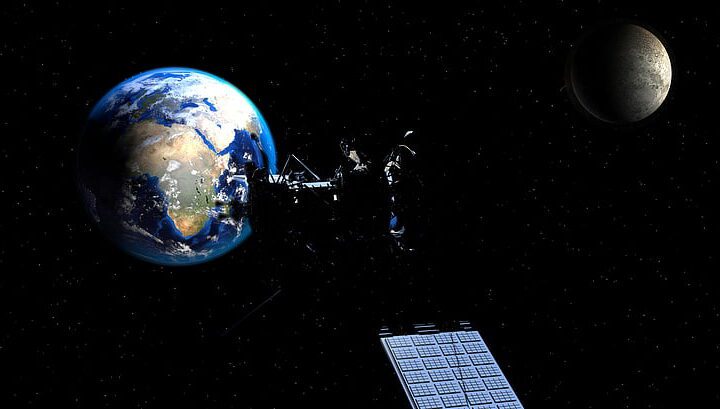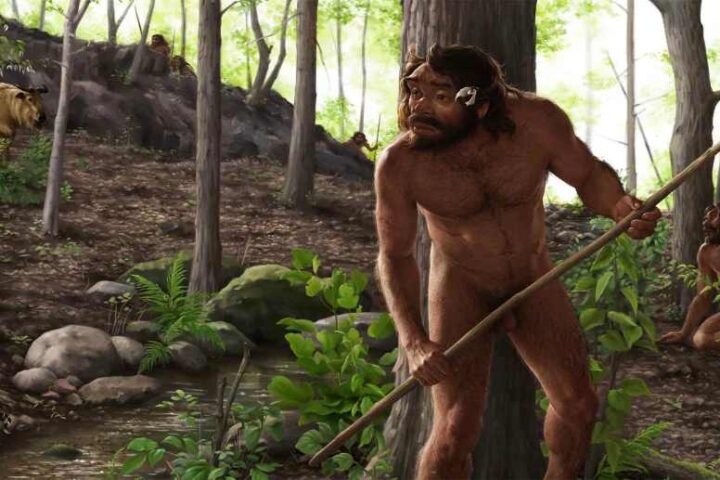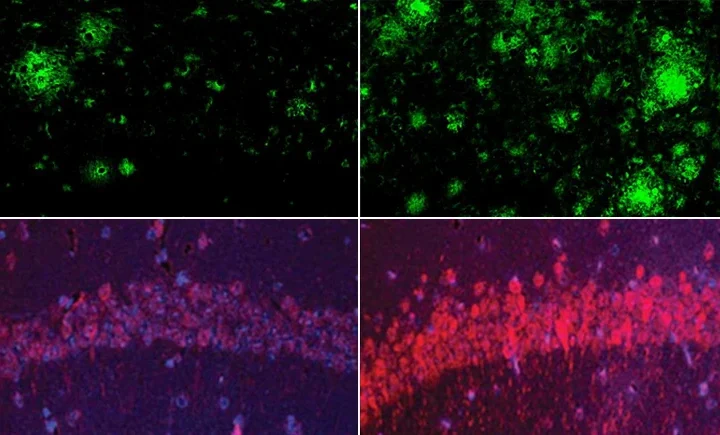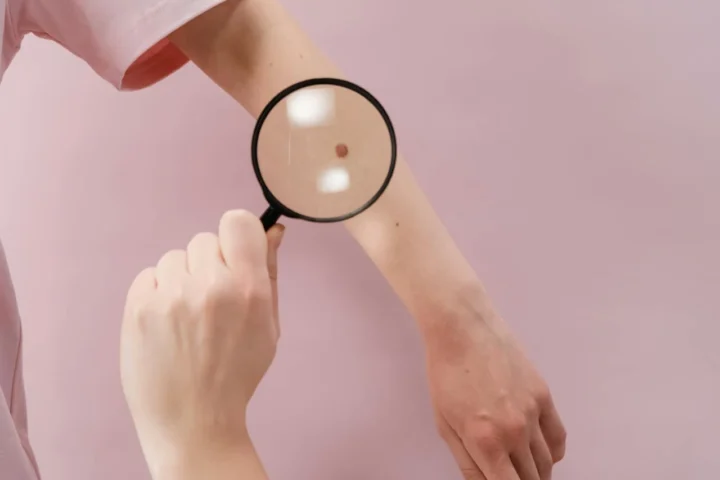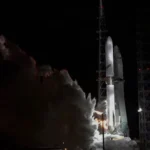The passing satellites by SpaceX & others pose a threat to the Hubble Space Telescope as they photobomb the captured imagery of the cosmos. Awe-inspiring images of the universe have been captured by the telescope, but thousands of satellites launched by private companies are hindering the ability of the telescope as they create bright streaks & curves of light in its images. According to a new study published in Nature Astronomy, the percentage of Hubble”s images that are spoiled by passing satellites has increased & the problem is getting worse with thousands of more satellites being launched since the data was collected in 2021. The companies such as SpaceX have launched over 3,000 satellites as part of its Starlink constellation.
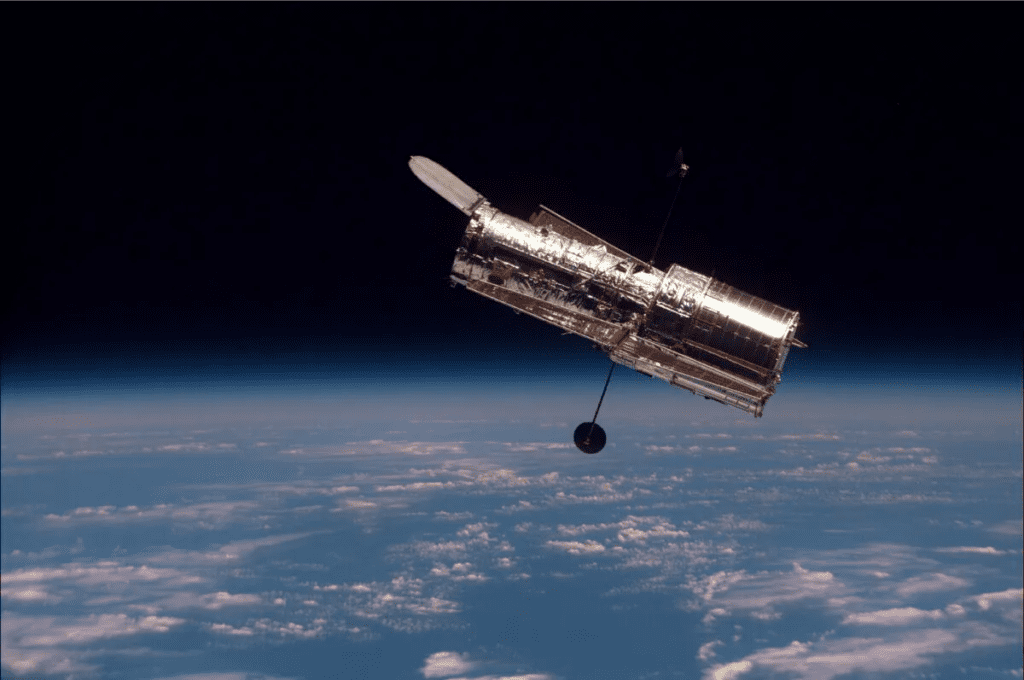
The work of astronomers can be hampered by the photobombing of telescope observations as the streaks block the distant galaxies & stars they are studying. Methods like removal techniques can sometimes help, but they don’t always work, & the proportion of images damaged due to satellite interference is expected to increase in the next five years. This will eventually affect our ability to study the cosmos from Earth’s orbit.
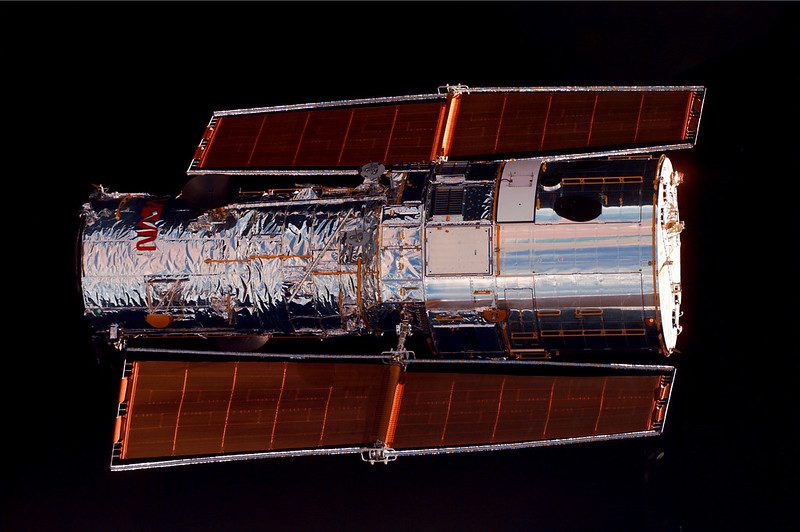
Astronomer Jonathan McDowell, who is working for the Harvard-Smithsonian Center for Astrophysics, & who was not involved in the study, believes that astronomy will be impacted by the issue. “There will be science that can’t be done. There will be science that’s significantly more expensive to do. There will be things that we miss.” Jonathan said. According to NASA, most of the streaks are readily removed using standard data reduction techniques, & the majority of affected images are still usable. However, it is an understatement to say that the issue doesn‘t matter as some of the images are not usable for the scientific purpose they were meant for.
An archive of Hubble images taken from 2002 through 2021 to quantify the effect of satellite constellations on Hubble was analyzed by the Max Planck Institute for Extraterrestrial Physics in Germany & its colleagues. It was found that one-third of Hubble’s images could be trashed by the 2030s, & telescopes may have to leave low-Earth orbit as a result. According to the study, moving telescopes to orbit above all the other satellite traffic is the only solution. But this is not possible for current telescopes in low-Earth orbit or spacecraft that governments are building & launching in the coming years.
Concerns were raised by astronomers in 2019 that Starlink’s streaks would jeopardize campaigns to observe the universe from telescopes on earth. As an answer, Elon Musk, SpaceX’s CEO, suggested that astronomers move telescopes to orbit to bypass the issue. However, Hubble, which resides in low–Earth orbit, is less than 10 miles below most Starink satellites. This means the orbital space telescopes & observatories will still face interference from satellite constellations. According to Dr. McDowell, “Not only do you have to put your telescopes in space, but you also have to put them above all the other traffic.”

